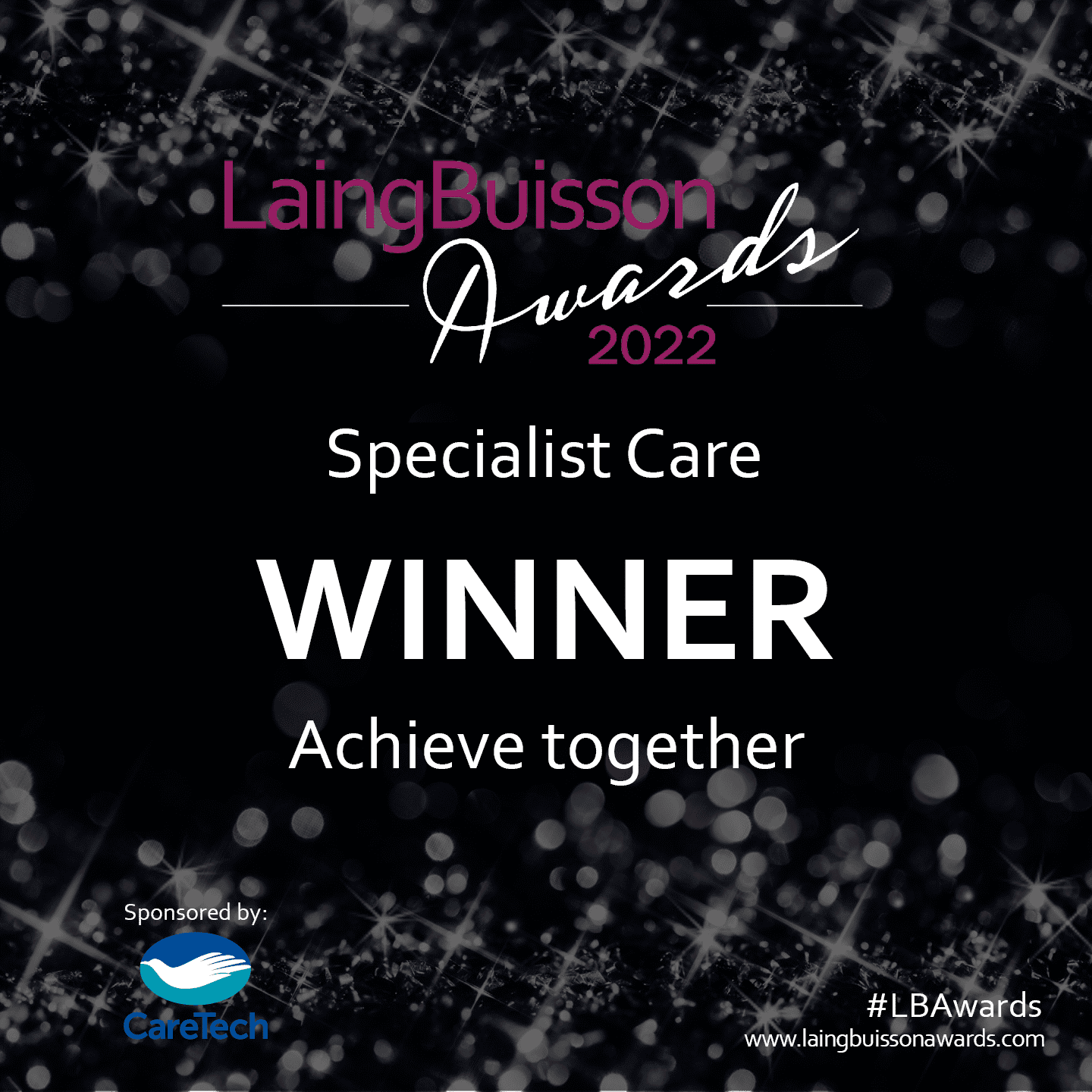The prevalence of epilepsy in people with intellectual (learning) disabilities is reported to be at least 20 times greater than within the general population (Amiet et al., 2008), with approximately 22.5% of people with an intellectual disability presenting with an epilepsy diagnosis (Robertson et al., 2015).
Within Achieve together, we support a significant number of people with a learning disability and complex epilepsy, mirroring the national prevalence of epilepsy. We support many people with severe and profound learning disabilities, which increases the risks of complex and refractory epileptic seizures. This includes people with specific epilepsy syndromes such as Dravet and Lennox Gastaut Syndrome. We also support people who experience epileptic seizures, as well as dissociative seizures (commonly referred to as non-epileptic attack disorder, NEAD) – this combined complexity requires the supporting teams to be able to distinguish the sometimes-subtle differences in presentation between an epileptic seizure and a NEAD with different responses required for both.
We are fortunate to have an internal Health & Wellbeing Team which includes learning disability and adult nurses, highly skilled and experienced in supporting complex epilepsy, including the ability to train, competency assess and guide teams with various seizure presentations, emergency medicines, vagus nerve stimulation therapy, assessing SUDEP risk etc.
What we need to do, in Achieve together and nationally, is to ensure that at all times, we support people to be as informed about their condition, support and treatment as much as possible. We all know that the more informed we are, the more in control we feel.
There are multiple risks associated with complex epilepsy, including the risk of status epilepticus, SUDEP, secondary mental health impacts, as well as everyday safety risks during a seizure from falls and other such environmental risks.
There are also risks to some of the frontline treatments for epilepsy. Risks associated with anti-epilepsy medicines include a link with bone health and an increased risk of fractures linked with osteoporosis and osteopenia. (Sawhney, Zia, Yazdi and Shankar, 2020) completed a study in which they concluded that people with epilepsy should be informed about the long-term effects of anti-epileptic drugs (AEDs), particularly the risk of fractures, but they found that there is little evidence of people with learning disabilities and epilepsy and/or their carers being informed in spite of the risks.
The ‘Epilepsies in children, young people and adults’ NICE Guidelines, 2022 states that ‘people have the right to be involved in discussions and make informed decisions about their care’. Clinicians, therefore, must be proactive in providing people with learning disabilities and their carers with information about their epilepsy condition, support, treatment and risks.
As there can be a range of clinicians involved in epilepsy support, the clinicians will need support from the people that know the person with learning disabilities best to ensure information is made accessible in a very personal way; that creative and appropriate reasonable adjustments to support, treatment and risks can be considered; and to ensure the person has access to all relevant investigations and treatment, so there are reduced health inequalities.
Therefore, we must all work together – clinicians, families and support providers, to ensure people with learning disabilities and complex epilepsy are informed, consulted with and in control.
Michael Fullerton
Director of Wellbeing, Strategy & Collaboration
References
Amiet, C., Gourfinkel-An, I., Bouzamondo, A., Tordjman, S., Baulac, M., P., Cohen, D (2008). Epilepsy in autism is associated with intellectual disability and gender: Evidence from a meta-analysis. Biological Psychiatry, 64, 577-582.
NICE Guidelines (2022), Epilepsies in children, young people and adults.
Sawhney, I., Zia, A., Yazdi, B., Shankar, R. Awareness of bone health risks in people with epilepsy and intellectual disability. Br J Learn Disabil. 2020,48:224-231.

